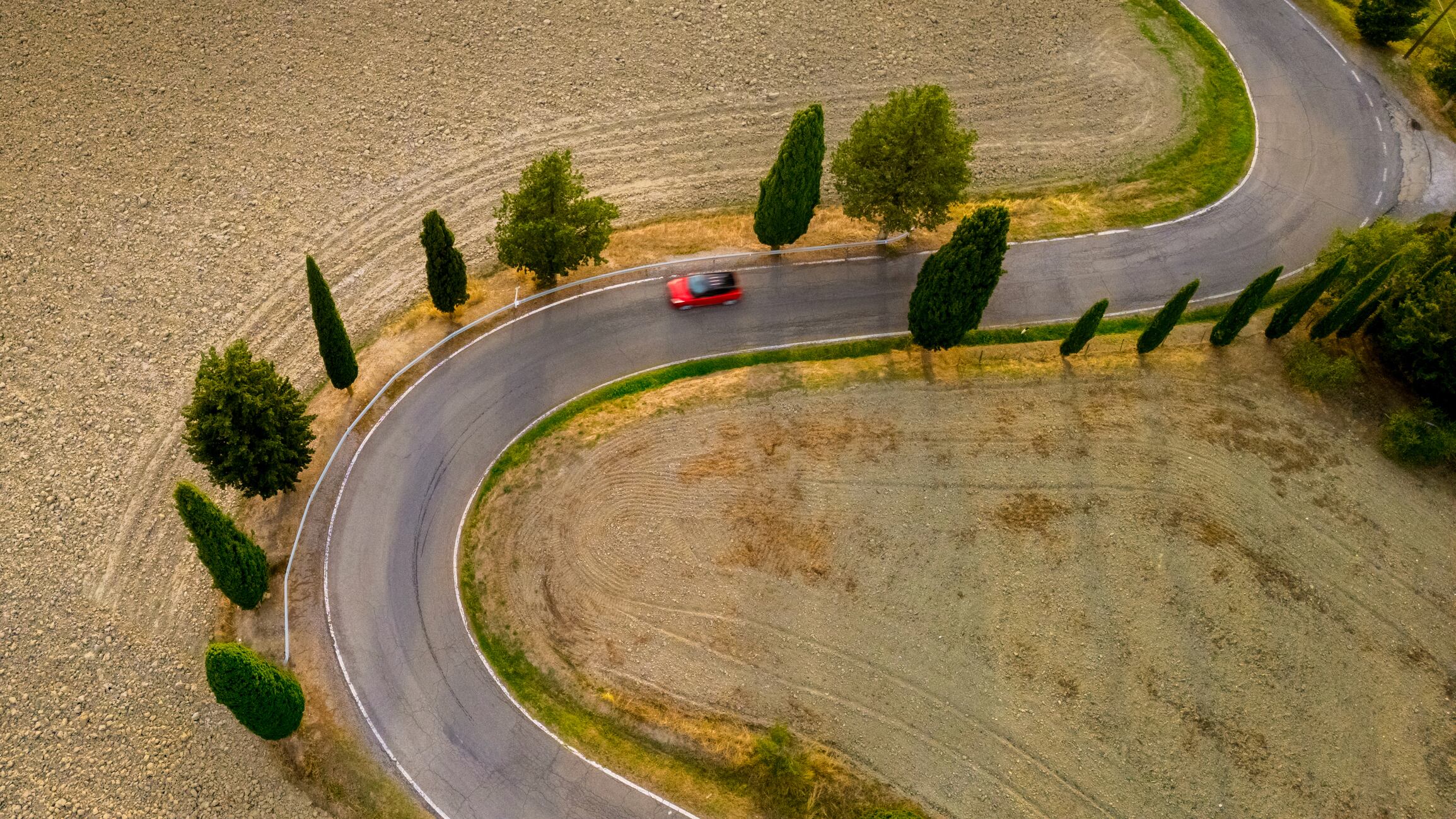PepsiCo and Soil Capital have announced a long-term strategic partnership to accelerate the adoption of regenerative agriculture among rapeseed oil farmers in Europe. The initiative will support farmers in PepsiCo’s supply chain with financial incentives, agronomic guidance, and digital tools to transition to more sustainable practices – boosting soil health, reducing emissions, and securing key ingredients for brands like Lay’s and Walkers.
Targeted regeneration across 14,000 hectares
The partnership spans over 35,000 acres (14,000 hectares) of farmland in the UK, France, and Belgium. Farmers are recruited from PepsiCo’s supply sheds –regions that supply rapeseed oil for its snack brands. The initiative is tailored to local challenges, such as heavy rainfall in France and soil compaction in the UK and aims to reduce barriers to regenerative agriculture through region-specific solutions.
From cover crops to carbon cuts
Farmers will receive support to adopt practices like reduced tillage, cover cropping, and organic fertilisation.
The first phase of the collaboration has already demonstrated tangible environmental benefits:
- GHG reductions: Farmers in France improved their greenhouse gas balance by 38%, while UK farmers saw a 36% improvement.
- Cover crop adoption: Increased from 49% to 65% in France and from 22% to 34% in the UK.
- Fertiliser use: Mineral phosphorus fertiliser needs dropped by 50% among French participants.
These changes enhance soil organic matter, water retention, and overall resilience to climate stressors.
They will support PepsiCo’s increased regenerative agriculture goal to adopt regenerative practices across 10 million acres globally by 2030, after it hit 3.5 million acres by 2024.
Incentives based on impact, not inputs
The initiative is designed to ensure that farmers receive both financial incentives and technical guidance to support their transition.
The support each farmer receives is based on the improvements seen relative to their own farm, which is measured in terms of carbon reduction, complemented by regenerative indicators like biodiversity improvements, and water efficiency gains.
A digital Monitoring, Reporting, and Verification (MRV) system – independently audited by TÜV Rheinland – tracks progress annually.
Satellite technology and advanced models will also be used to monitor GHG emissions, soil carbon storage, and other environmental impacts such as biodiversity and water efficiency improvements.
“Our MRV methodology is ISO-certified and publicly registered to ensure transparency,” said a Soil Capital spokesperson.
Farmer feedback: Support makes the shift possible
Farmers have responded positively to the combination of financial support and agronomic guidance. “They’ve told us that the financial support and hands-on guidance is necessary to support their shift to more sustainable practices, so the burden doesn’t fall on them alone,” said a joint spokesperson from PepsiCo and Soil Capital to AgTechNavigator.
The programme is open to arable farmers with a minimum of 100 hectares who are committed to adopting regenerative practices.
One UK farmer, David Fuller-Shapcott, said sustainable practices are making a real difference: “Regenerative farming has changed the way I work. With the right support, I’ve introduced cover crops and reduced tillage, cutting my farm’s emissions by 360 tonnes between 2022 and 2023 and becoming a net carbon storer.”
Scaling regeneration: A model for Europe?
While expansion to other crops or regions is not yet confirmed, PepsiCo says it will review early results. The partnership complements other regenerative efforts, including a recent collaboration with Mars and ADM to support Polish farmers.
“This is a commercially integrated approach to regenerative agriculture,” said a spokesperson. “It’s a strong example of what a considered corporate program can look like: measurable, well-resourced, anchored in farmer partnerships, and tied to real crops.”





